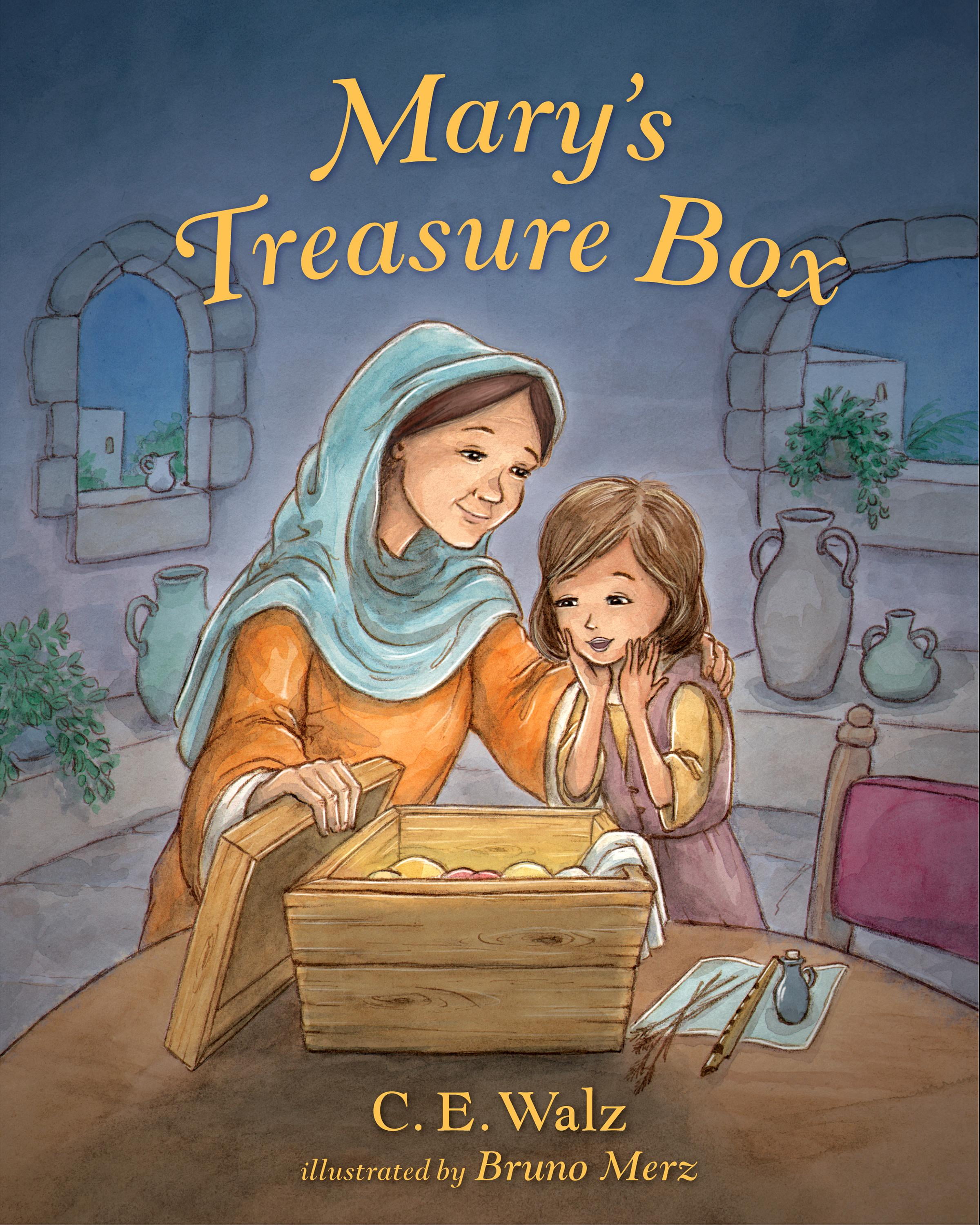

For one thing, the hundred plays he wrote in his youth provided him with a lot of material to recycle. How has he managed to do so much? A number of interlocking factors come into play. More like a termite than like a white elephant (to adopt Manny Farber’s suggestive terms), he still wants to forge a legend - and he has. Anyway, Ruiz more recently claims to have reconfigured his ambition now it’s to make more films than all other Chileans combined. How close he’s come to achieving that aim is debatable, depending on how you keep count: does a serial or a miniseries count as one film or several? And what about videos? But the latest tally of works includes 90-odd titles, all of them written or cowritten as well as directed by Ruiz. Many years later, after he became a filmmaker, he decided to make one hundred films by the time was 50. Some of them were five pages long, others were one hundred pages, but most were very short plays.”) (”It was very easy,” he told one interviewer “they were not really plays. Or maybe it was between the ages of 16 and 21 accounts differ. On a bet, and with the help of a Rockefeller grant, Raúl Ruiz - born in Puerto Montt, Chile, in 1941 - wrote one hundred plays between the ages of 17 and 20. My earlier long piece about Ruiz is available here, and my lengthy 2002 interview with him, newly illustrated, can be found at this link. It originally appeared in t he January-February 1997 issue of Film Comment.



And just below, reposted, is the second of my two long essays about him (not counting my long Chicago Reader reviews of some of his individual features), which is well over a decade out of date but helps to explain some of the reasons why I value him so highly. )Īn annotated, critical Ruiz filmography through early 2005 can be found here. (For an excellent memoir about him, as well as one of the best appreciations of Ruiz that I know - even though I disagree with its premise that Klimt qualifies as a biopic, and Raúl himself disagreed with the premise that Three Lives and Only One Death was one of his best films - check out Adrian Martin’s “A Ghost at Noon” at. But I’m very grateful for the many hours we were able to spend together, including one opportunity I had to appreciate what an excellent cook he was. We had been friends for a time, then drew apart - mainly, I suspect, because he became a little fed up with my inability to speak and understand French more fluently. (A curious coincidence: Raúl lived the same number of years as the filmmaker he admired the most, Orson Welles.) I knew, of course, that his health had been very poor, so this wasn’t entirely a shock. What dispiriting news, to learn of Raúl Ruiz’s death at age 70 upon waking today, just after receiving the Portuguese DVD box set of his extraordinary Mysteries of Lisbon yesterday and watching the first half of it last night.


 0 kommentar(er)
0 kommentar(er)
